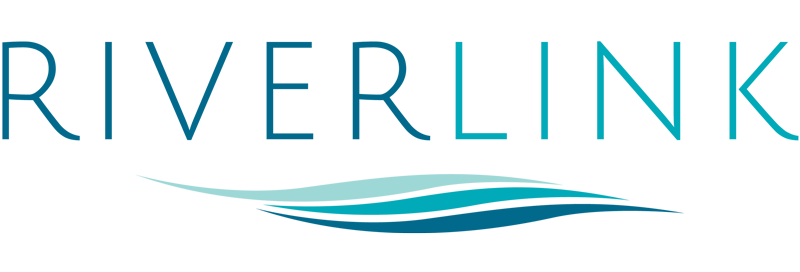RiverLink promotes the environmental and economic vitality of the French Broad River and its watershed for all.
RiverLink accomplishes its mission by improving watershed health and climate resilience, providing permanent public access to the river through conservation and recreation easements, reclaiming contaminated lands for public use and enjoyment, empowering over 1,000 volunteers each year, and annually educating over 4,000 students, as well as the public at large, about the importance of a healthy French Broad River watershed.
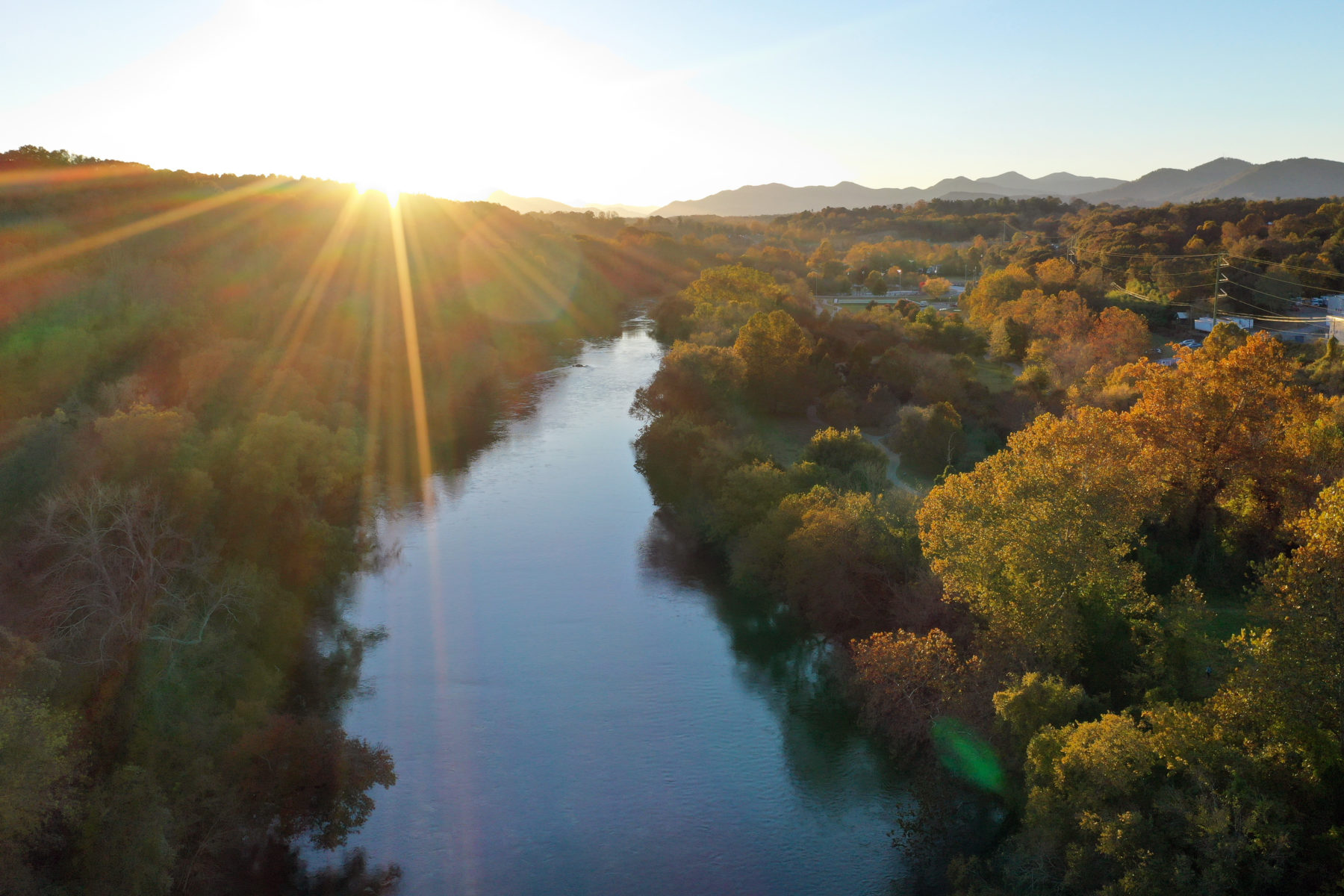
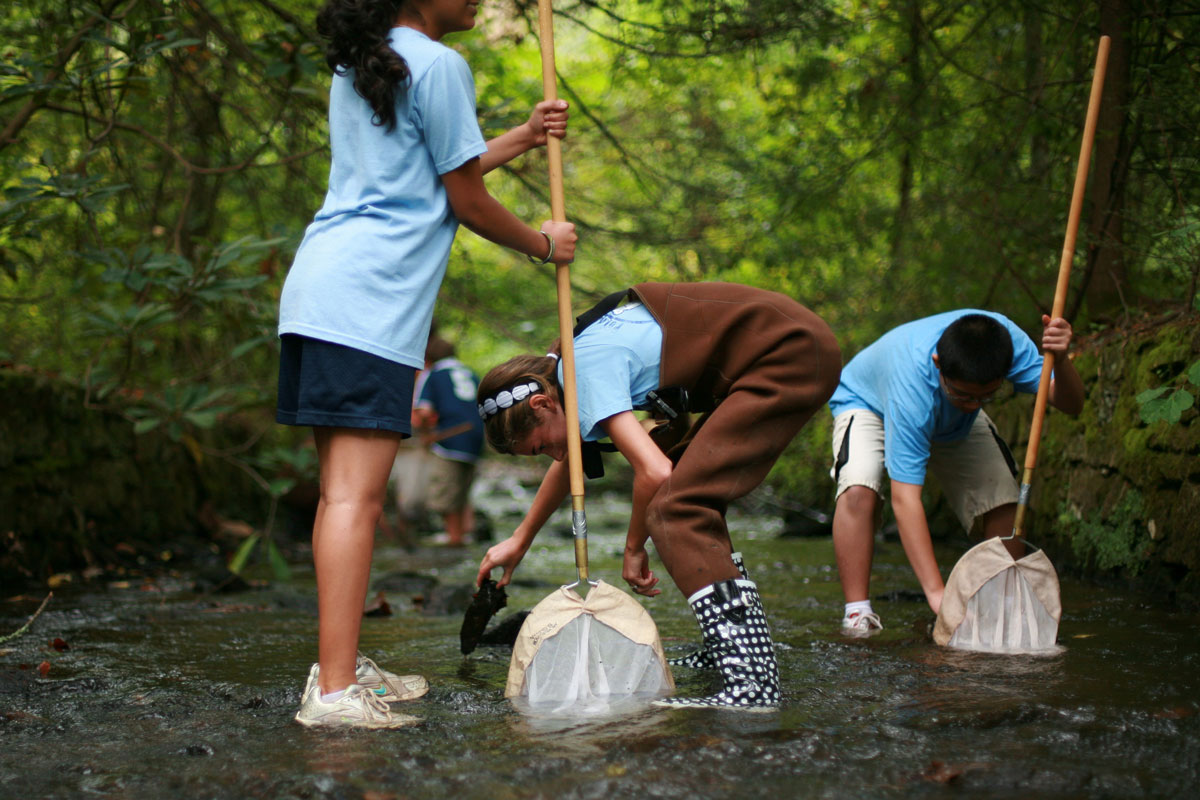
Our Vision
A healthy and protected French Broad River (FBR) and watershed that allows both sustainable human and ecological uses.
Our Values
- Respectful and valued relationships
- Teamwork
- Empowerment and accountability
- Honesty and Integrity
- Excellence in execution with continuous improvement
- Tangible and Lasting Results
Importance of Equity
RiverLink’s commitment to equity, diversity, and inclusion is not separate from our mission—promoting the environmental and economic vitality of the French Broad River — but our path forward to achieving it and creating a watershed for all.
What are We Even Talking About?
Our work comes with a lot of jargon that many people might not be familiar with. As you explore our site and engage with us in the community, you may come across some of these terms. We’ve put together a short list of the most important vocabulary that relates to our work so we can all share the language of river conservation.
How We Do Our Work
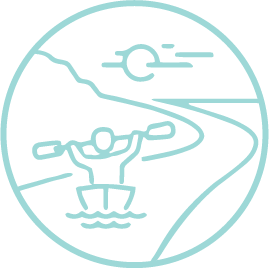
EXPERIENCE
We invite watershed communities to experience the French Broad River in all its beauty. We do this by providing recreational and volunteer opportunities to encourage connection with the river.

LEARN
We encourage children and adults to learn about the importance of the River ecosystems and water quality. We hope that increased understanding will lead to a new generation of river stewards.
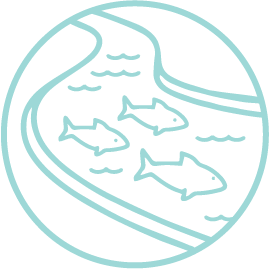
CONSERVE WATER Quality
We conserve water quality through large-scale water quality programs that address stormwater runoff, restore damaged streams and teach homeowners how to manage residential rainwater issues.
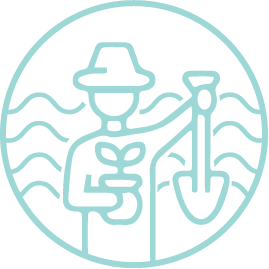
CONSERVE LAND
We conserve land in riparian areas by helping landowners voluntarily protect the conservation values of their watershed property.
RiverLink Strategic Plan 2023-2027
Strategic Goal 1: Take affirmative steps to address barriers in equity, diversity, and inclusion (EDI) in carrying out our mission so that all communities have access to the French Broad River and its watershed regardless of socio-economic status, ethnicity, race, physical ability, age, gender, or sexual identity.
Strategic Goal 2: Achieve and maintain financial stability for the organization on an annual basis.
Strategic Goal 3: Work to Improve the River’s Water Quality (WQ) and Ecosystem Health.
Strategic Goal 4: Provide youth and adult educational and experiential opportunities to increase community appreciation and understanding of the French Broad River watershed, the community’s role in protecting it, and RiverLink’s role in the watershed.
Strategic Goal 5: Strengthen the integration and messaging of RiverLink’s projects and accomplishments to increase community awareness and fundraising potential and ensure our individuality amongst other organizations.
Strategic Goal 6: Work and/or partner on larger-scale, community-wide initiatives involving public river access, greenways (Wilma Dykeman Riverway Plan) and river parks that fit within our staff capacity and financial scope, as we have in the past several years.
Strategic Goal 7: Evaluate current and future land conservation and fee simple properties for benefits to the overall mission of RiverLink.
The History of RiverLink
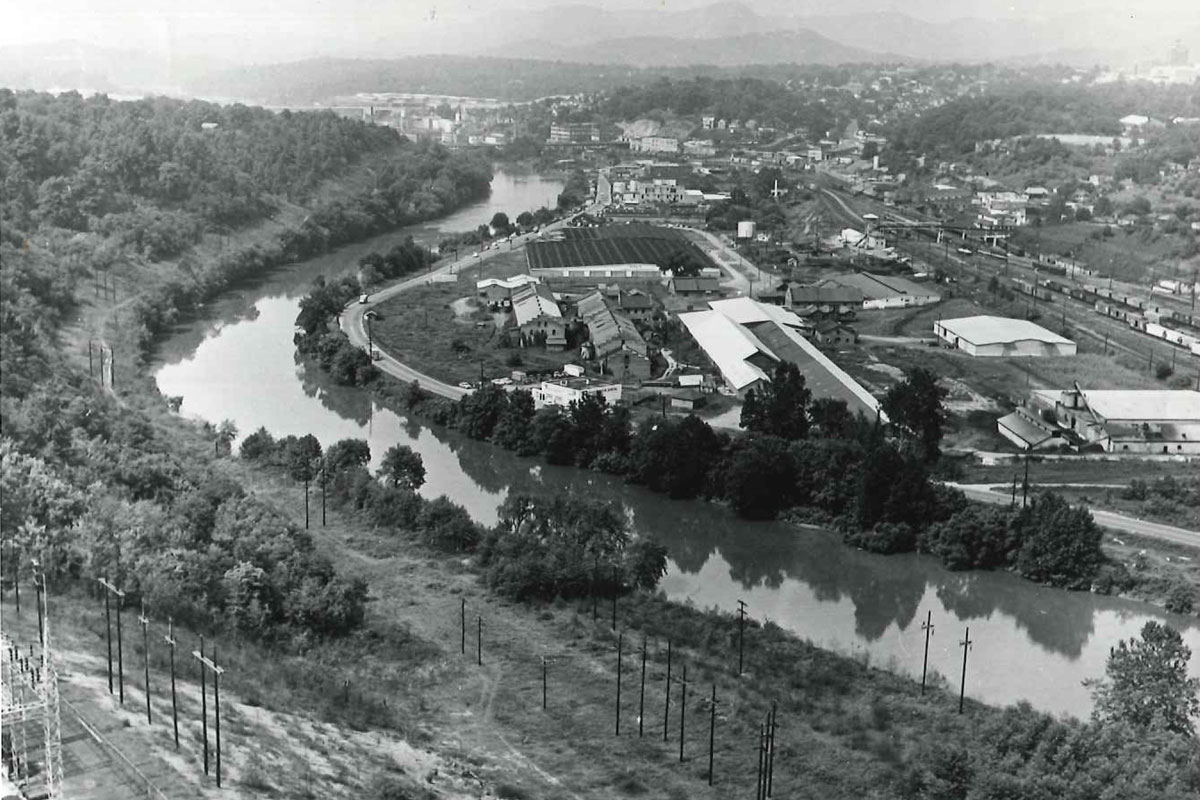
RiverLink was conceived at the Asheville Chamber of Commerce in the mid-1980’s in an effort to keep visitors “one more day” beyond their stay at the Biltmore Estate in Asheville. RiverLink incorporators Jean Webb, Robert Kendrick and Caroll Hughes hired founding director Karen Cragnolin who went on to serve RiverLink and the region for 30 years. She is considered one of the region’s greatest visionaries for seeing parks, paddle trails, experiential K-12 educational opportunities, and places to escape modern life, where others may have seen only the neglect of the River that was emblematic of the Riverfront in the 1980’s.
Karen’s work and the vision of like-minded community members helped facilitate the creation of numerous riverside parks including Carrier Park, French Broad River Park and Jean Webb Park (named in honor of longtime activist and RiverLink incorporator Jean Webb). These public spaces help fulfill RiverLink’s vision of promoting the French Broad River and its watershed as a valuable community asset that encourages people to experience the River as a place to live, learn, work and play.
Karen retired from her position as Executive Director in August 2016, and the RiverLink Board of Directors began the process of memorializing her enormous contributions by naming the former Edaco Junkyard on Amboy Road as the future Karen Cragnolin Park.
RiverLink’s legacy can best be described by the words of author Wilma Dykeman in her groundbreaking work, The French Broad. “There is only one respectable course for a free citizen and that is to shoulder his share of the responsibility for the ‘killing’, for the pollution . . . Because, just as the River belongs to no one, it belongs to everyone and everyone is held accountable for its health and condition.”
Today RiverLink is stronger than ever, and continues to be the only regional non-profit whose work focuses exclusively on the French Broad River. Our small and passionate team works hard to bring environmental education opportunities to local youth, complete stream restoration and watershed planning projects, and assists landowners in creating conservation easements on their properties.
Guiding Documents
At the beginning of RiverLink’s life, multiple documents were created to help guide the organizations strategic mission. These master plans provided a vision of what the French Broad riverfront could eventually look like. While many changes have occurred since the creation of these master plans, we still use them as a foundation for many of our current endeavors.
Financial Reports
We understand that financial transparency is very important to building trust with our supporters and community. As a tax-exempt public charity we must disclose certain financial documents to the public, you’ll find these documents linked below. If you have any questions about our financials you can email Martha Goss at martha@riverlink.org.
